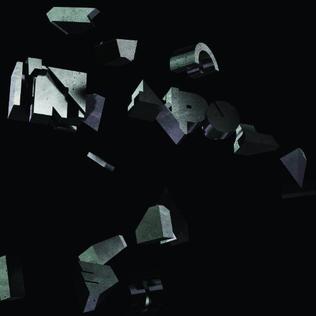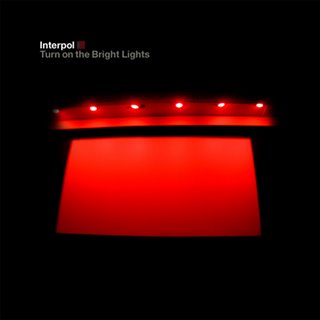Interpol is the telegraphic address for the International Criminal Police Organization, an intergovernmental organization.

The International Criminal Police Organization, more commonly known as Interpol, is an international organization that facilitates worldwide police cooperation. It was established in 1923 as the International Criminal Police Commission (ICPC); it chose INTERPOL as its telegraphic address in 1946, and made it its common name in 1956.
Interpol may also refer to:
- Interpol (film), a 1957 crime film directed by John Gilling
- Interpol (video game), a video game developed by TikGames
- Interpol (band), a New York City post-punk revival band
- Interpol (album), the band's self-titled fourth studio album
- Interpol (EP), the band's third EP release

Interpol is the third EP release by New York post-punk revival and indie rock band Interpol. It was released on June 4, 2002, and was the band's first release on the Matador Records label.
- Short for interpolation

Interpol known in the USA as Pickup Alley is a 1957 British Warwick Films crime film shot in CinemaScope starring Victor Mature, Anita Ekberg, Trevor Howard, Bonar Colleano and Sid James. It concerns an Interpol effort to stamp out a major drug-smuggling cartel in numerous countries around the world. Victor Mature plays a US narcotics officer, with Trevor Howard as a drug baron. One reviewer described the film as a "feeble thriller", although it praised the performance of Howard. In the United States it was released as a double feature with The Brothers Rico.

Interpol is an American rock band from Manhattan, New York, formed in 1997. Their original line-up consisted of Paul Banks, Daniel Kessler, Carlos Dengler and Greg Drudy. Drudy left the band in 2000 and was replaced by Sam Fogarino. In 2010, shortly after recording finished for the band's fourth album, Dengler left to pursue personal projects, resulting in Banks becoming the band's bass player.

Interpol is the fourth studio album by the American rock band Interpol, released on September 7, 2010 through Matador Records. The self-produced album was recorded at Electric Lady Studios in Greenwich Village. "Lights" was released as a free download through the band's website, originally in May 2010 with an accompanying video released in June 2010 by Charlie White. Bassist Carlos Dengler left shortly after the album's completion.

